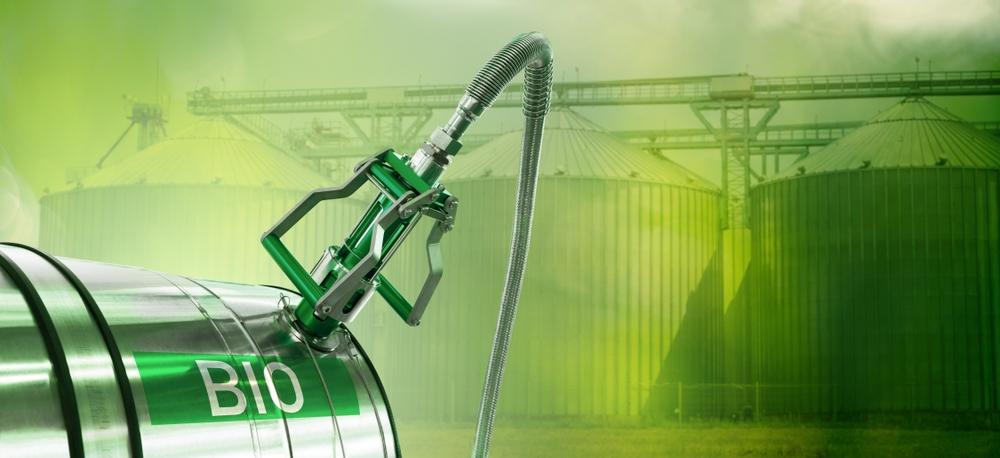Brazil has emerged as a global leader in developing and adopting flexible fuel or flex fuel technology for vehicles. Flex fuel vehicles have the ability to run on any blend of gasoline and ethanol ranging from pure gasoline to pure hydrous ethanol. Let's take a deeper look at Brazil's flex fuel journey and the various benefits of this innovative technology.
The Beginnings of Brazil's Flex Fuel Revolution
Brazil Flexfuel story began in the 1970s when the 1973 oil crisis highlighted the country's dependence on imported oil. To boost energy security and support the domestic sugar cane industry, Brazil launched an ambitious ethanol program. In the following decades, Brazil steadily increased the ethanol blend in gasoline from 10% in the late 1970s to 25% mandated nationwide in the early 1990s.
The big breakthrough came in 2003 when Brazilian carmaker Fiat launched the first commercially viable flex fuel vehicle - the Fiat Strada. It was equipped with a specialized electronic fuel injection system that could detect the ethanol content in fuel and optimize the air-fuel ratio accordingly. Other major automakers like Volkswagen, Ford, and GM soon followed with their flex fuel lineups. Within a few short years, flex fuel vehicles dominated new car sales in Brazil.
Widespread Adoption and the 90% Blend
By the late 2000s, flex fuel vehicles comprised over 90% of new car sales in Brazil with a large pre-owned flex fuel fleet also emerging. Driven by government policies like direct subsidies and lower interest rates for flex fuel vehicles, their numbers crossed the 30 million mark by 2020 with over 250 flex fuel models available. Another critical milestone was achieved in 2008 when Brazil approved the commercial sale of hydrous ethanol with up to 90% ethanol content, branded as E100. Today, around 26,000 gas stations sell E100 across Brazil.
Massive Environmental and Economic Benefits
Brazil's successful flex fuel program has delivered massive environmental and economic benefits. Ethanol production from sustainably grown sugarcane has significantly reduced the country's oil import dependence and greenhouse gas emissions from the transport sector. Studies show that conventional vehicle emissions are 60-80% lower when running on pure hydrous ethanol compared to gasoline. The program has also boosted rural employment and incomes. According to estimates, the ethanol industry supports over 2 million jobs in Brazil and contributes over $23 billion to the economy annually.
Subsidies and Infrastructure Challenges Being Addressed
While flex fuel technology has seen widespread adoption, ethanol still needs policy support to be fully competitive with gasoline in Brazil. The Brazilian government provides billions in subsidies and tax incentives annually to promote ethanol production, infrastructure, flex vehicle sales, and lower retail ethanol prices. However, with global pressure rising to phase down fossil fuel subsidies, Brazil has started rationalizing its support measures. At the same time, infrastructure gaps like lack of E100 retail pumps in certain regions are being progressively addressed by incentivizing investments.
Flex Fuel Experts and Showing the Way Globally
With over two decades of pioneering work, Brazil is the acknowledged world leader in flex fuel technology. Countries like the United States, Canada, Australia, and others are taking cues from Brazil's vast operational experience. Brazilian experts frequently visit these nations to share technical know-how, policy best practices, and help establish initial flex fuel markets. Brazil is also collaborating at international forums like the Organization of American States and United Nations to champion this low-carbon flexible fuel technology and replicate their success on a global scale.
Promising Future as Nations Pivot to Renewables
As more countries commit to renewable energy and net-zero goals, flex fuel technology presents an attractive option to cut vehicle emissions and diversify their fuel supplies. Its ability to run on virtually any ethanol-gasoline blend offers a convenient transition pathway without major disruption to existing infrastructure. With greater international cooperation led by Brazil, flex fuel vehicles are primed for explosive global growth this new decade. That will further cement Brazil's reputation as the pioneering flex fuel nation helping drive the low-carbon energy transition worldwide.
Get More Insights On This Topic: Brazil Flexfuel



